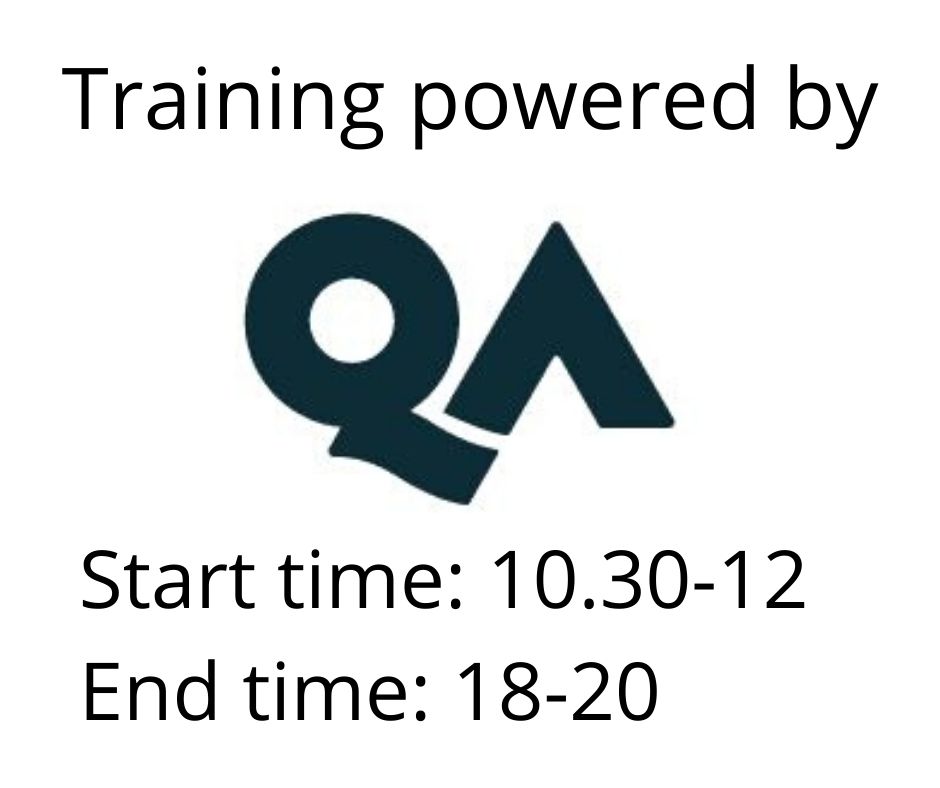The C# Programming Language
Microsoft's .NET Framework presents developers with unprecedented opportunities. From web applications to desktop and mobile platform applications - all can be built with equal ease, using substantially the same skill-set. But to make the most of this potential, developers must have a thorough grasp of core language skills and OO programming concepts.
This course concentrates on the C# programming language itself, to prepare delegates fully in readiness for exploring the .NET Framework. No Object-Orientated knowledge is assumed - the course provides a suitable OO primer. From basic procedural syntax to sophisticated object-oriented programming techniques, delegates will learn how to write .NET applications with code that is robust and maintainable.
The course is presented as a mixture of lectures, demos and hands-on exercises. Practical sessions follow all main topics, designed to reinforce the points covered. Additional information is provided in appendices to extend the learning experience after the course has been completed.
The course provides a starting point for delegates wishing to undertake Microsoft exam 70-483 - Programming in C# although further study is likely to be required before sitting the exam.
Koulutusmuoto
Remote
Kesto
4 päivää
Hinta
5974 €
Microsoft's .NET Framework presents developers with unprecedented opportunities. From web applications to desktop and mobile platform applications - all can be built with equal ease, using substantially the same skill-set. But to make the most of this potential, developers must have a thorough grasp of language skills and object oriented programming concepts (OOP).
This course concentrates on the C# programming language itself, to fully prepare delegates in readiness for using the .NET Framework/Core. No Object-Orientated knowledge is assumed. From basic procedural syntax to sophisticated object-oriented programming techniques, delegates will learn how to write .NET code that is robust and maintainable.
The course is presented as a mixture of lectures, demos and hands-on exercises. Practical sessions follow all main topics, designed to reinforce the points covered.
This intensive course is intended for developers who will use C# to write .NET Framework or .NET Core applications and who are relatively new to the C# programming language.
Learning outcomes
- Write code that includes sequence, selection and iteration constructs
- Create and use classes and structures (types), including fields, properties, methods and delegates
- Use private, internal, protected and public visibility modifiers
- Use exception handling to create robust applications
- Create derived classes that inherit from custom-written or .NET classes
- Create interfaces and apply techniques of polymorphism effectively and appropriately
- Work with generic types
- Leverage the power of C# features
- Use delegates
- Use lambda expressions in C# code
- Use LINQ (Language Integrated Query)
In addition to the above, the following practice is introduced during the course:
- Test-Driven Development using XUnit
Prerequisites
Delegates must understand the fundamentals of programming. Delegates can gain this level of knowledge by attending QA's 'Programming Foundations' (QAPROGFOU) course
Please note:
- Delegates attending this course via Extended Classroom will be required to provide dual monitors.
- Before attending this course, delegates must have a Microsoft account (signing up one is free). The instructions on how to set up a Microsoft account can be found here.
Course Content
Module 1: Course Introduction
Module 2: Introduction to C#
- The .NET Framework; Compilation; The Common Language Runtime; The Common Type System
- What is C#?
- Top-level statements
- Namespaces and using directives
- Get to know your way around Visual Studio
- An introduction to debugging
- Start using Unit Test
Module 3: Variables and Datatypes
- Comments and identifiers
- Variables and built-in datatypes
- Value types versus reference types
- Built-in value types: integral, floating point, bool, char, structs and enums
- Reference types: object, strings, object instantiation
- Variable scope and access modifiers
- Operators
- Parsing and casting
Module 4: Conditionals
- If statements
- Switch statements and switch expressions
- Ternary conditional operator
- Null-coalescing and null-conditional operators
Module 5: Loops and Collections
- Arrays
- Foreach loops
- For loops
- While loops
- Do loops
- Generic collections: List and Dictionary
- Collection operators
Module 6: Object Oriented Programming (OOP)
- Why object orientation?
- OOP concepts and unified modelling language (UML)
- Classes and instantiation
- Association and aggregation
- Inheritance and interfaces
Module 7: Methods
- Methods and positional and named parameters
- Method overloading
- Return values
- Expression-bodied methods
- Passing parameters: by value and by reference
- Static methods and the using static directive
- Extension methods
Module 8: Properties and Constructors
- Fields
- Properties with backing fields
- Expression-bodied properties
- Auto-implemented properties and calculated properties
- How to access properties
- Constructing objects: constructors and expression-bodied constructors
- Constructor overloading and chaining
- Object initializers
- Static constructors
- The ‘this’ keyword
Module 9: Inheritance and Abstract Classes
- Inheritance
- Derived constructors
- Polymorphism
- Virtual members and overriding
- Invoking base class functionality
- Abstract classes
- Upcasting and safe down-casting
- Overriding System.Object
- Sealed classes and members
Module 10: Interfaces
- Creating and implementing interfaces
- Polymorphism
- Interfaces with default implementation
- Interface inheritance
- implementing interfaces explicitly
Module 11: Delegates and Lambdas
- Delegates: Func and Action
- Lambda expressions
- The Predicate delegate
Module 12: Language Integrated Query (LINQ)
- LINQ syntax
- Projections
- Deferred execution and immediate execution
- Joins and aggregations
- The let clause
- The OfType method
Module 13: Exception Handling
- Exception handling keywords: try, catch, finally, throw
- Understanding execution flow
- Throwing exceptions
- Custom exceptions
- Filtered exceptions
- Inner exceptions



